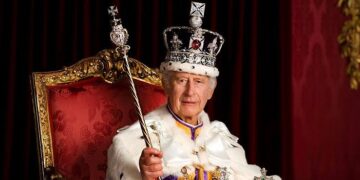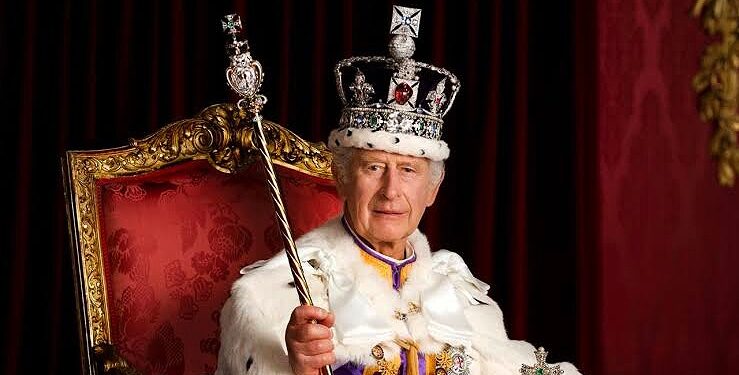By John Ikani
The Kenya Human Rights Commission, a non-governmental organization, insists that King Charles III should issue an apology for the abuses committed by Britain during the colonial era.
The monarch’s four-day visit to Kenya, beginning on Tuesday, includes a commitment to understanding the historical injustices people endured during that period.
During the 1950s, over 10,000 lives were lost when British authorities quashed a pro-independence movement, resulting in 1,000 individuals facing execution after swift trials.
The rights group made it clear on Sunday that they anticipate an “unequivocal public apology” from the king.
A decade ago, the British government formally acknowledged instances of torture under colonial administrators, expressing sincere regret and agreeing to compensate thousands of uprising veterans.
Furthermore, several Kenyan communities, including the Nandi, Kipsigis, and Pokot, demand apologies and financial compensation from the UK government for the historical injustices endured during colonial rule.
The communities also call for the return of their traditional artifacts and ancestral lands, which were seized by the colonial regime and remain under the control of British entities.
Britain’s history of colonial abuses in Africa
Britain’s history of colonial abuse in Africa is long and complex. The British Empire was one of the largest empires in history, and it controlled most of Africa for much of the 19th and 20th centuries. During this time, the British committed many atrocities against African people, including slavery, genocide, and apartheid.
One of the most egregious examples of British colonial abuse in Africa is the transatlantic slave trade. Over the course of four centuries, the British transported millions of Africans across the Atlantic Ocean to be sold as slaves in the Americas. The slave trade was a brutal and dehumanizing system, and it had a devastating impact on African societies.
Another example of British colonial abuse in Africa is the genocide of the Herero and Nama people in Namibia. In 1904, the Herero and Nama people rebelled against German colonial rule. The Germans responded by launching a genocidal campaign against the two groups. The Germans killed tens of thousands of Herero and Nama people, and they forced many others to live in concentration camps.
The British also played a role in the apartheid system in South Africa. Apartheid was a system of racial segregation and discrimination that was in place in South Africa from 1948 to 1994. The British government supported the apartheid regime, and it provided the regime with weapons and other assistance.
The British Empire also had a significant impact on African economies. The British often exploited African resources for their own benefit, and they did little to invest in African development. As a result, many African countries were left underdeveloped and impoverished after independence.
The British government has apologized for some of its colonial abuses in Africa, but it has yet to fully acknowledge the extent of its crimes. The British government has also refused to compensate the victims of British colonial abuse.
The legacy of British colonial abuse in Africa is still felt today. Many African countries are still struggling to overcome the economic and social problems that were caused by British rule. The British government has a moral obligation to help African countries recover from the damage that was caused by British colonialism.




































